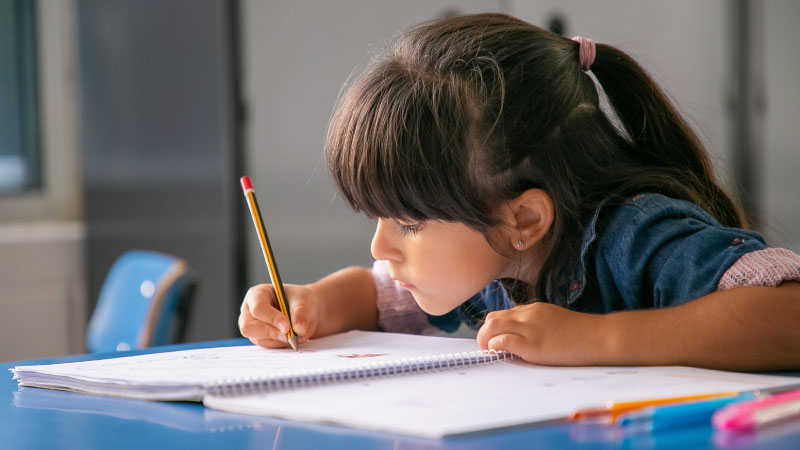
The Cinematic Influence on Early Childhood Education
Imagine a classroom filled with wide-eyed children, completely entranced by the vibrant images unfolding on a screen before them. Imagine the laughter, the questions, the conversations that follow. That is the power of cinema, which has become a crucial tool in early childhood education. It comes as no surprise that preschool centers like Little Scholars Preschool are incorporating it into their curriculum to enhance learning.
Cinema as a Medium for Learning
Young children are visual learners. They absorb information faster and more effectively through visual aids. Films, animations, and videos serve as perfect tools for this purpose. They not only provide rich visual content but also stimulate auditory senses, making learning a multi-sensory experience. Moreover, cinematic storytelling can create an emotional connection with the viewers, thus enhancing their ability to remember and recall information.
The Magic of Animated Films
Animated films, with their colorful visuals and captivating narratives, hold immense appeal for young children. They can transport kids to magical worlds inhabited by talking animals or superheroes while subtly imparting important lessons about life and values. Moreover, they present complex ideas in simple and engaging ways, thereby easing the learning process.
Teaching Social Skills
Movies offer excellent opportunities for teaching social skills to children. By watching different characters interacting on screen, kids learn about friendship, empathy, teamwork, and conflict resolution. Movies can also help them understand complex emotions and different perspectives.
Developing Language Skills
Films expose children to rich language inputs – new words, phrases, idioms – thus fostering vocabulary growth. Additionally, they provide contextual clues for understanding these new words and concepts. Listening to character dialogues enhances oral comprehension skills too.
Igniting Curiosity and Encouraging Questions
Cinema can spark children’s curiosity and encourage them to ask questions and seek answers. The visual narration of concepts stimulates the young mind to think, to question, to wonder. It develops critical thinking skills and a love for learning.
Cinema and Cultural Awareness
Movies provide a window to different cultures, traditions, and ways of life across the world. They can play a significant role in developing cultural awareness and promoting global citizenship among young learners.
Movie-Based Activities
Post-movie discussions and activities can reinforce learning. Teachers can help children analyze characters, identify key messages, or delve deeper into the story’s setting. Art-based activities like drawing scenes or characters also help in better comprehension.
The Role of Teachers in Cinematic Education
A crucial aspect of making cinema a part of education is the role played by teachers. They are the ones who select age-appropriate movies that align with their curriculum. They guide discussions, answer questions, and facilitate activities to ensure that children learn effectively from what they watch.
Pitfalls to Avoid in Cinematic Education
While cinema offers numerous benefits, it’s essential not to replace traditional teaching methods entirely with it. Balance is key. Also, it is important to remember that not all content is suitable for young minds; teachers must carefully select movies that offer positive messages and promote healthy values.
The Power of Sing-Along and Musical Movies
Young children often find it entertaining to sing along to music from their favorite films. This can be an incredibly powerful teaching tool. Sing-along versions of popular children’s movies promote language development, enhance memory skills, and boost engagement levels. From classics like “The Lion King” to modern hits like “Frozen,” musical movies aren’t just fun – they’re functional learning tools.
Moreover, music itself has been associated with improved mathematical skills and increased spatial-temporal abilities. Therefore, musical movies could contribute significantly to a child’s cognitive development.
Movie-Based Games for Learning
Turning learning into play is a time-tested educational method, and movies offer several opportunities for game-based learning. For instance, teachers can design trivia quizzes based on the movie watched or enact scenes from the film as role-play activities. These games not only make the learning process more enjoyable but also stimulate creativity, logical thinking, and teamwork.



